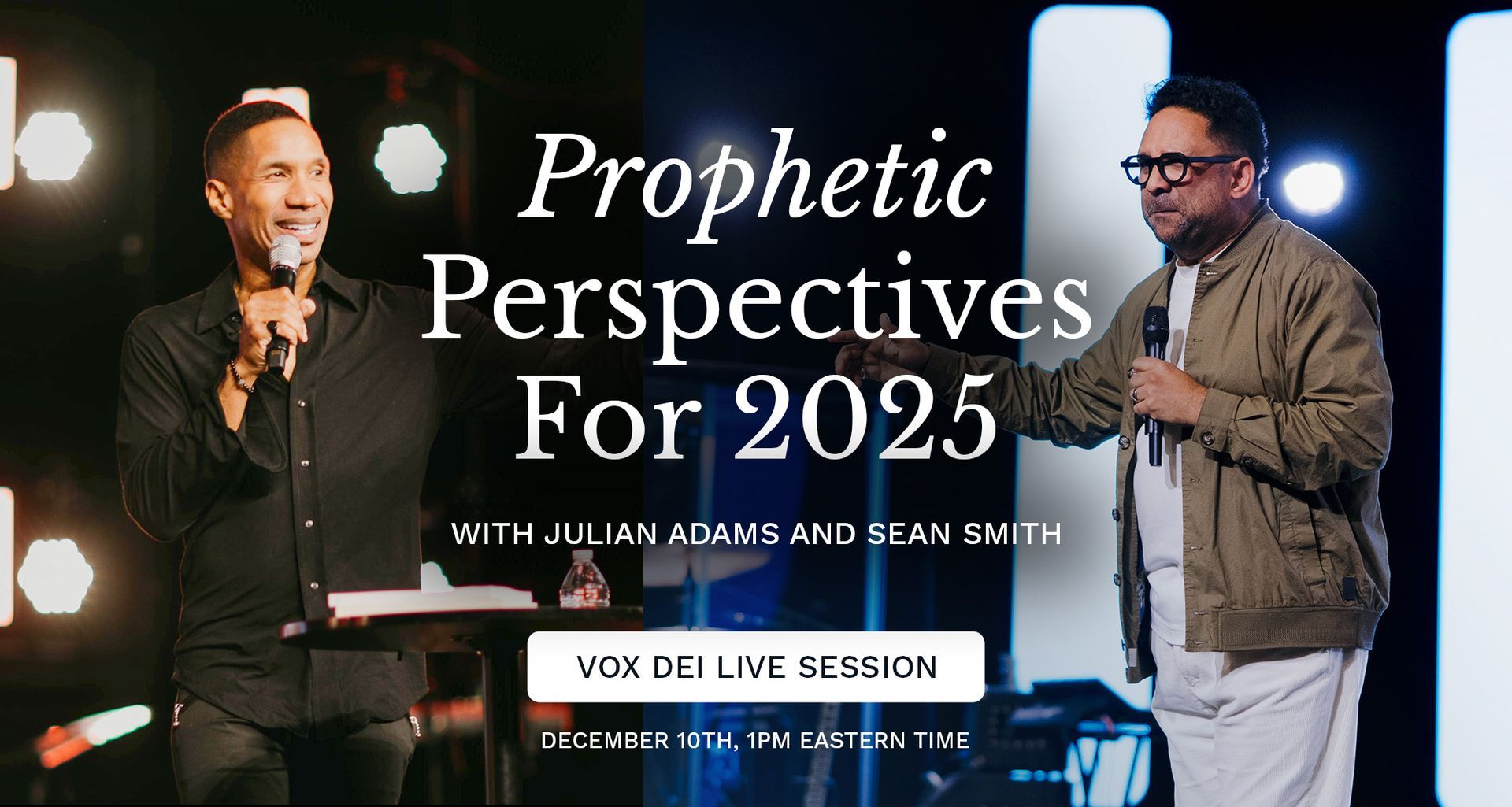When I Don’t Hear God’s Voice
Things to Remember When "God's not Speaking"

There have been moments in my journey with God where it seems as if He has gone silent on me. No clarity. No direction. No answers.
Just silence.
In the past, those moments would have frustrated and angered me, but as I have received revelation on the character of God, I have realised that the best place for me in discovering what he is saying is in rest, not in striving.
In the old testament, Saul offers an unlawful sacrifice to God out of fear. “Then he waited seven days, according to the time set by Samuel. But Samuel did not come to Gilgal; and the people were scattered from him. So Saul said, ‘Bring a burnt offering and peace offerings here to me.’ And he offered the burnt offering.” ( 1 Samuel 13:8-9 )
Under the old covenant, the voice of God is represented through the prophet. It was customary to wait until the ‘word of the Lord’ came before the battle began, so as to hear heaven’s strategy. Saul had waited 7 days and was beginning to be overcome by fear and anxiety. The result is he works for what he is not supposed to in order to gain what is meant to be a gift.
It is often the case that in the absence of God’s voice we work for what He wants to give us in grace . Saul’s impatience has taught me a lot about those moments, and how to deal with them.
Jesus is the final word
Firstly, while Saul was offering an unlawful sacrifice, God’s voice in the person of Samuel was on its way. Often God is working in unseen ways while we are fretting about current circumstances. I find the enemy uses these times effectively to cast shadows on the nature and character of God. It ’s the same trick he played on Adam and Eve. He got them to questions God’s goodness concerning them. He got them to think that God was withholding something good. I am learning not to allow my unanswered questions about my circumstances overwhelm the plain revelation of God’s goodness in the revelation of Jesus. He is the final word on all things pertaining to my life. He is the goodness of God revealed to me in his life lived, his death, his resurrection and ascension to the highest place.
If I need a word from God, Jesus is it!
He is for us, not against us
Secondly, God is hiding himself for me, not from me. Saul lived with a rejection complex. When you study the life of Saul it is continually punctuated by his constant sense of unworthiness. When you live with rejection as your filter, circumstances look like a set up for your failure and downfall. It naturally follows then that God is working against you, not for you. Ultimately Saul’s fear was not the enemy but he feared that he did not have God’s approval. How he thought of himself ultimately reflected how he thought about God. When I understand that God’s silence is not disapproval it produces patience in me to wait for a display of his goodness.
Even in the silence, we can still receive from God
Thirdly, I am learning to celebrate who God is in the midst of the silence. The prophet Habakkuk prophesies that in the midst of no fruitful fig trees and no vines that are bursting with grapes, “…yet I will rejoice in the LORD; I will take joy in the God of my salvation.” God’s goodness and kindness to me are not based on what I see, but on who He is. I find that worshipping and reminding myself of his nature unlocks faith in the ‘quiet times’. Often using scripture to do this is the way that God speaks to me. I have found that in the times of what feels like silence, God most often shouts at me through his written word. His revealed word in the life of Jesus is the most comforting to me when I am looking for answers about life. He might not answer my circumstantial questions, but he always answers my heart cry.
It’s best to live un-offendable
Lastly, I have found that living an un-offended life produces many blessings. John the baptizer is stuck in prison. Jesus tells John’s disciple to communicate that his circumstances will not change and ends his discourse by simply stating ‘blessed is the one who is not offended by me’ ( Luke 7:18-23 ). Ouch! That seems harsh. The truth is in this context Jesus reminds John of the messianic promise that He would ultimately be about establishing a new government of peace. This government has come but is not fully here yet. Jesus was in effect saying do not stumble over what you do not yet see because of me. In the end, you will be blessed (fortunate, happy and enjoying grace) by not living offended with Jesus.
In the words of that old saying ‘trust and obey for there is no other way’.





